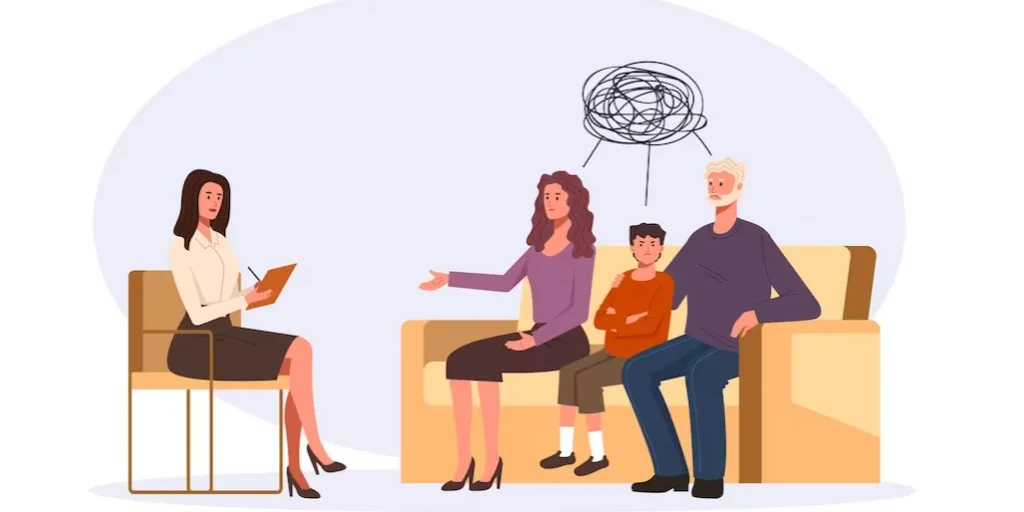24/7 Helpline:
(866) 899-221924/7 Helpline:
(866) 899-2219
Learn more about Eating Disorder Treatment centers in Pine City

Other Insurance Options

Coventry Health Care

Health Choice

BHS | Behavioral Health Systems

UMR

Humana

United Health Care

Medical Mutual of Ohio

ComPsych

Anthem

American Behavioral

Magellan Health

Multiplan

Holman Group

CareSource

CareFirst

Oxford

Aetna

Providence

State Farm

Sutter

Meadow Creek
Meridian Meadow Creek is a dual diagnosis drug and alcohol rehab center located in Pine City, MN. Th...



Empower Recovery Services
Empower Recovery Services is a private rehab located in Pine City, Minnesota. Empower Recovery Servi...





Reach Behavioral Health
Reach Behavioral Health is a public rehab located in Brook Park, Ohio. Reach Behavioral Health speci...



































































































Mille Lacs Band of Ojibwe – Aazhoomog Community Center
Mille Lacs Band Aazhoomog Clinic is a public rehab located in Sandstone, MN. Mille Lacs Band Aazhoom...

Options for Families and Youth
Options for Families and Youth is a private rehab located in Brook Park, Ohio. Options for Families ...

The Ed Keating Center – Jean Marie House
The Ed Keating Center is a nonprofit substance abuse organization that was founded in 1998. Jean Mar...

Mental Health and Substance Abuse Association
Mental Health and Substance Abuse Association is a private rehab located in Rock Creek, Ohio. Mental...














































